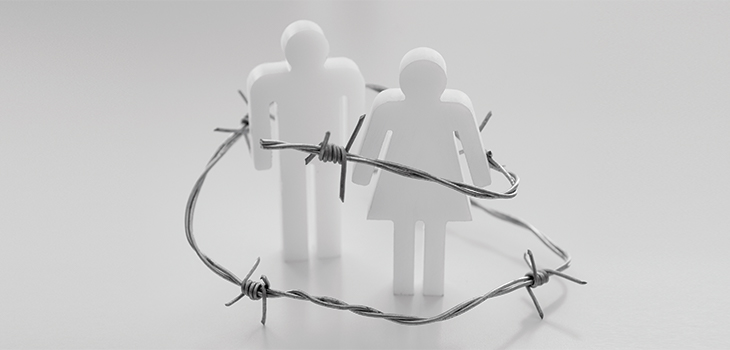
- The Domestic Abuse Act claims to provide protection to millions of people who experience domestic abuse and strengthen measures to tackle perpetrators.
- It expands the legal definition of domestic abuse beyond physical abuse to include emotional abuse, coercive or controlling behaviour, and economic abuse.
- It recognises children as victims if they see, hear or experience the effects of abuse.
The home is a space in which we should feel safe, and yet it is a setting in which abuse is inflicted upon so many, with at least 40% of private law children cases involving allegations of domestic abuse. The impact a volatile environment can have upon victims of abuse, and in particular children, is both devastating and long-lasting. Indeed, so many family lawyers will have heard the stories of abuse present in marriages spanning decades (including physical, emotional and economic









